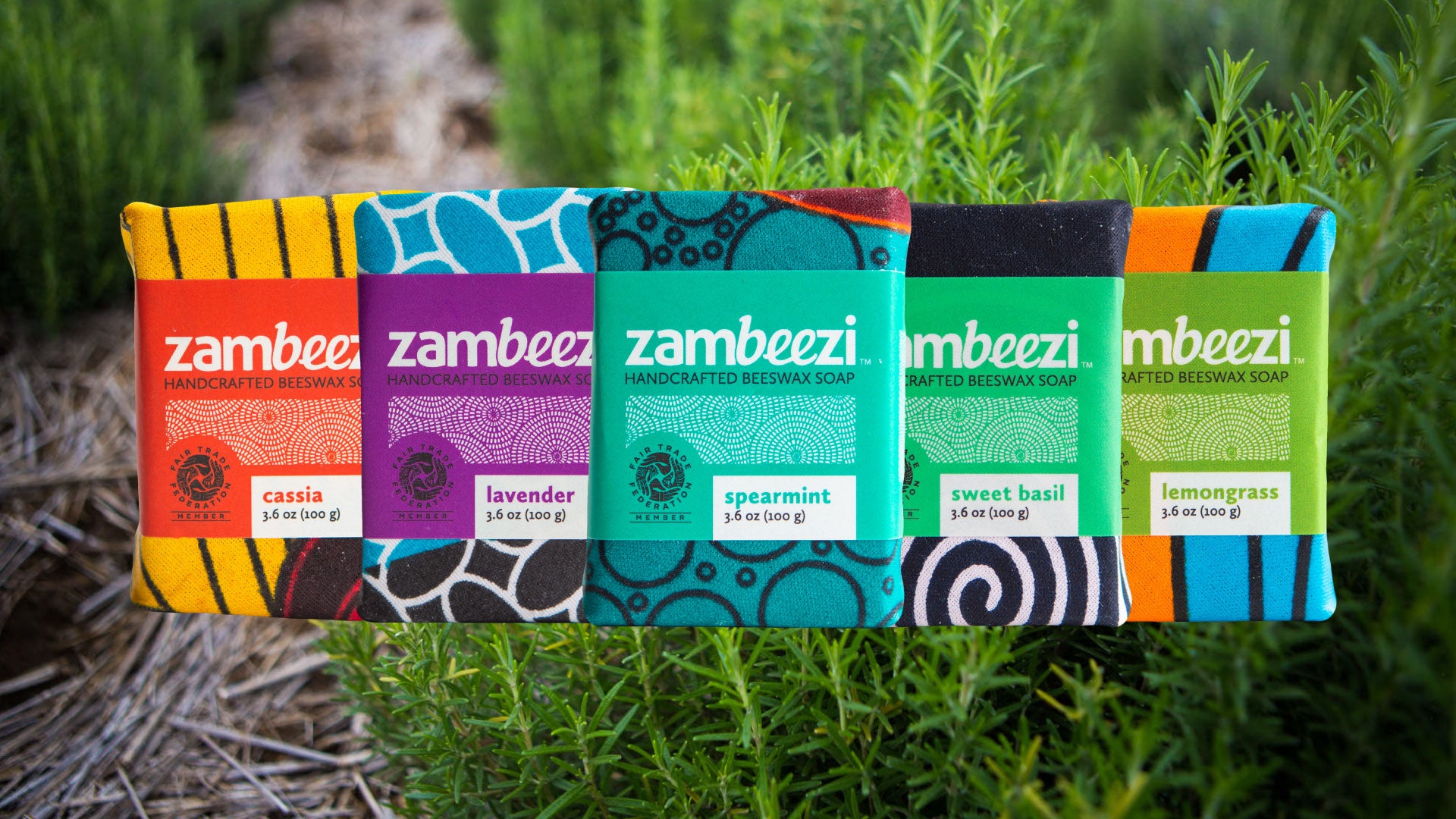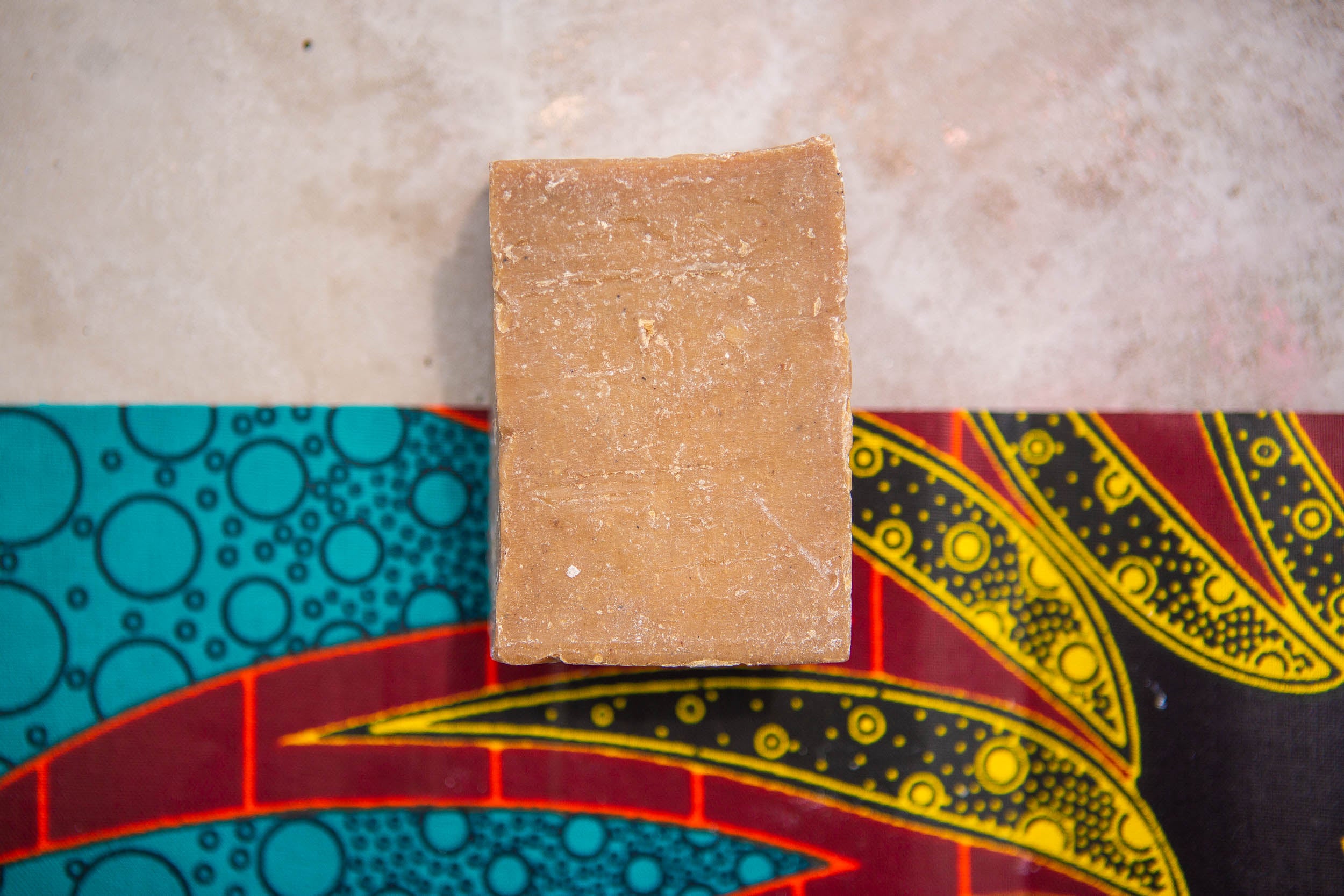Boycotting palm oil isn't the solution

What’s the story behind the palm kernel oil in our Fair Trade Soap? “It’s just a bar of soap. Right? I mean, how much do individual ingredients matter?”
They matter a lot. It might be a trace amount in one brand’s product, but exponentially spread that out across multiple products from multiple brands with national and international demand and the real picture begins to appear. A trace amount can quickly translate into a massive international industry.
I think it’s fair (no pun intended) to say ingredients matter much more than many of us have realized. Often, we are so disconnected from the source and root of the products we consume, it can be hard to know or even understand the impact our purchases have on the people who cultivate them. But, I would wager, this is exactly why you are reading this. You are concerned and thus are choosing to educate yourself so you can purchase with wisdom.
We care about sourcing because we care about people
Have you seen the documentary, read an article or connected with a brand explaining the destructive nature of the Palm Oil industry? It’s a painful reminder of how blind we can be to the suffering of others. Many sources are reporting that both the farming and labor practices applied in the Palm Oil industry are not only coming from hands that are being exploited, but also destructively impacting vital ecosystems.
At the same time, “Boycotting palm oil isn't the solution. Palm is the most productive oil around and alternatives such as sunflower or coconut need up to 10 times more land to produce the same amount. Sustainable palm oil – harvested without cutting down trees and by treating workers fairly – is agreed by environmentalists to be the best course of action.” (https://www.refinery29.com/en-gb/unmasked-make-ups-big-secret-bbc-three)
Let’s talk about the sustainable palm kernel oil in our handcrafted, Fair Trade beeswax soap.
We care about sourcing because we care about people and the land they cultivate. It is woven into the very fabric of our company’s DNA. In fact, before our lip balm and soap came our ingredients and the people we partner with. They go hand-in-hand and can’t be separated.
A new partnership
This is why, when we introduced palm kernel oil into our soap, it began through a new partnership with a producer group in the Democratic Republic of the Congo (the DRC). As with everything we do, it always starts with a relationship. Our co-founder, André, was trying to get into Burundi from Rwanda for another project we’ve been working on. However, he was unable to procure a visa. Through a dear friend, Adam Welch, we were introduced to Birori Gaparani. One challenge and stressful moment created an incredible opportunity.
Birori works with a group of approximately 2,200 farmers through Eben-Ezer, a local NGO based out of Uvira, DRC, and the international organization, Plant with Purpose. Though they work with many different crops, 800-1000 also cultivate and harvest sustainable palm kernel oil. Previously, we used coconut oil in our soap formula. However, when we found out about the work Birori and these farmers are doing, we were excited to make the change.
The farmers Birori works with are each part of a smaller group in their local community called Village Savings & Loan Associations (VSLA’s). These VSLA’s are comprised of 30 or so members that gather together weekly. Not only do these groups provide educational opportunities and a unified buying voice, but each farmer commits also to a weekly financial contribution to the VSLA. Because there are no banks in their villages, the VSLA becomes the local community bank for these farmers, providing loans for their business opportunities as well as any personal needs that arise.
When a member joins, they go through an initial curriculum to learn about the the VSLA and sustainable farming practices. After completing this introductory educational series, the new members then participate in a farmer/field school where they receive hands on training. Birori and his team are heavily focused on transitioning farmers away from tradition practices to more sustainable forms of farming, teaching agroforestry where they help associate crops with the indigenous trees and soil cultivation through crop rotation to improve harvest yields with a long term perspective. Because Palm Trees are indigenous to the DRC, the palm oil and palm kernel oil are primarily wild harvested from the native ecosystem. This educational process continues to foster the health of this ecosystem and is required for membership to the VSLA.
Through their education and involvement in the VSLA, Birori and his team continue to promote the health of the farmers and their families along with schooling for their children. The VSLA was designed for business transactional purposes, but separate even from their involvement, they have seen it be adapted by the members for other projects like education. As is true for all of us, our well being goes beyond our work.


1 comment
Thank you for this explanation. Through my past work as a board member of The Woodland Park Zoo in Seattle, I have been very aware of Palm Oil monoculture issues. I purchase Zambeezi products because they’re terrific and because of the promise of sustainable production and economic support for communities. Your explanation on the switch to palm kernel oil sourced from your new partnership is persuasive and well presented. I’m convinced and I will go forward with a more nuanced understanding of the Palm Oil issue. Thank you again.